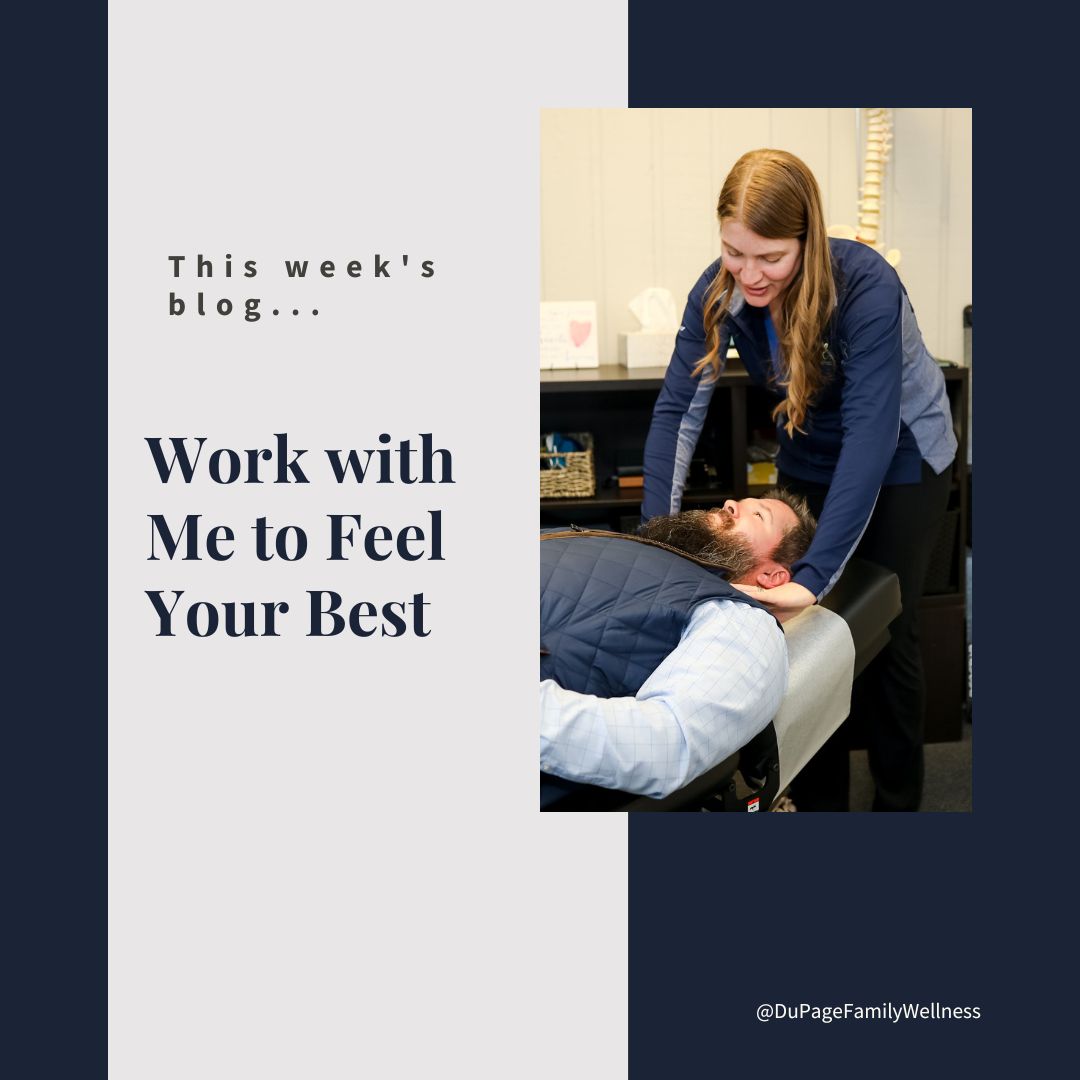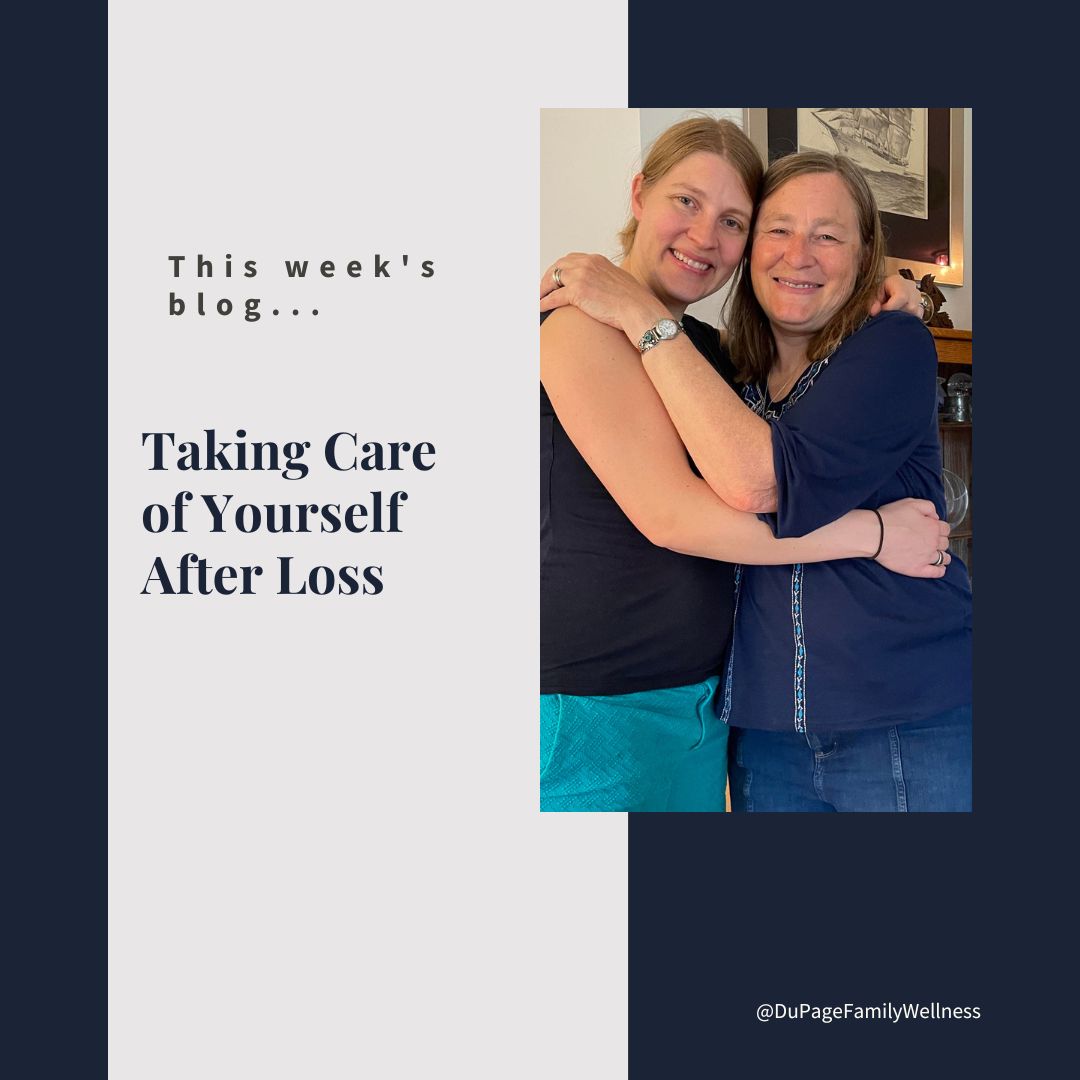 Getting enough “white space” in your day will strongly impact how much you enjoy the summer. The summer is supposed to be a time to relax, but often becomes filled with activities and obligations.
Getting enough “white space” in your day will strongly impact how much you enjoy the summer. The summer is supposed to be a time to relax, but often becomes filled with activities and obligations.
Spending time at the pool, taking a hike, or attending a barbeque might not seem like work; but even enjoyable things take time and energy. It can become overwhelming if we do not balance them with downtime.
If you think you are too busy for white space, this may be when you need it the most. It is possible to incorporate white space in everyday life; it just takes some intention.
Let’s look at practical things you can do this summer to make room for white space.
What is White Space?
Leo Babauta from Zen Habits explains that white space means you “remove non-essential items from your life, your workday, your surroundings, your possessions, and leave the essential items with space around them.”
White space does not tend to happen on its own. While it is not complicated, we need to create it intentionally. Here are some ideas about how to make white space a reality in your life.
Schedule
Saying ‘yes’ to one thing is saying ‘no’ to something else. There are only so many hours in the day, so think before you commit.
Ask yourself if you have the capacity for the event. Including the time to prepare, drive, clean up, and wind down from the event. Recognize that a two-hour event may become a four-hour commitment if you consider what leads to and follows it.
Guard your time for the things that make you feel good. It is legitimate to decline an invitation because you do not want to do something; you do not have to explain yourself. Your plans to stay home relaxing, reading, or doing a project are valid reasons to decline.
If you have trouble declining offers, read this article's “15 Best Ways to Say No” list.
Workday
Get a clear picture of important tasks and a realistic idea of how long they will take. Base this on a steady pace, not a frantic one. Communicate this with others on your team as well as your boss. If you feel overwhelmed, ask for help and delegate tasks when appropriate.
Minimize distractions by having boundaries with your coworkers. Don’t be afraid to tell them you are in the middle of something now but are glad to meet later in the day.
Focus on one task at a time when you can; try not to multi-task. Keep your desk clean and clutter-free (this is not my strong point). Take short breaks throughout the day even if it’s just stretching or taking a few deep breaths.
Surroundings
In your home, keep tables, counters, and other flat surfaces clear. Minimize decorations to prevent them from overwhelming your space. Make a cozy spot where you relax, and let others know when you need time there by yourself.
Get in the habit of taking everything that does not belong out of your car whenever you finish an errand. If you have a spouse or children, engage their help in keeping it clean. Keep a microfiber cloth in your car for quick wipe-downs.
Organize your screen phone by putting most of your apps in folders. Simplifying your home screen makes it easier to find what you need and eliminates the visual clutter. We view the home screen on our phones multiple times a day, so it can make a bigger difference than you make expect.
Read more ...
 Let’s hope you are not above average, or even average because the average adult in America spends over 2 hours on social media each day (1). If this is true for you, you are spending the equivalent of 32 days a year on social media.
Let’s hope you are not above average, or even average because the average adult in America spends over 2 hours on social media each day (1). If this is true for you, you are spending the equivalent of 32 days a year on social media.
That’s equivalent to over 4 ½ weeks on these platforms each year. This might seem impossible, but if you track your usage it is surprising how quickly it adds up. Even social media proponents would have difficulty justifying the hours spent on them.
Despite the benefits of these platforms, many believe overusing them is detrimental to our well-being. Since there are limited hours in the day, we must question what we are missing out on while online and ask ourselves if real-life experiences would be better for our well-being.
Let’s consider the value and cost of social media in your life.
Quiz
It is helpful to get an objective perspective on your social media consumption. The health and wellness website, Balanced, provides a valuable tool. It is the “Are You Addicted to Social Media?” quiz. It provides a framework to consider how much time you spend on these platforms and how they impact your life.
In my opinion, the guidelines they use to determine problematic social media consumption are far too generous. I am surprised at the amount of time they believe can be healthy. Any answer higher than a “b” would concern me. Please remember that while you read the interpretation of your quiz. You can use the link here to take the quiz.
Mental Health Considerations
It is fun to connect with the friends we have in real life on social media. When used to enhance existing relationships, social media has been found to reduce loneliness. The same is true when social media is used with the motivation of forging new friendships. (2)
However, seeing the highlights of people you follow can lead to feelings of loneliness, depression, and fear of missing out. A study of 18 to 22-year-olds at Penn State University found that limiting students' social media consumption to 30 minutes a day led to “significant decreases in both depression and loneliness.” These findings were even more pronounced for those who were more depressed at the beginning of the study. (3)
Physical Connection
The connection between social media use and loneliness may indirectly impact physical health. A meta-analytic review of loneliness and social isolation found substantial evidence “that individuals lacking social connections (both objective and subjective social isolation) are at risk for premature mortality. (4)
It found “that heightened risk for mortality from a lack of social relationships is greater than that from obesity, with the risk from social isolation and loneliness (controlling for multiple other factors) being equivalent to the risk associated with Grades 2 and 3 obesity. (4)
Furthermore, the analysis quotes a report where researchers predicted loneliness will reach epidemic proportions by 2030 unless action is taken.
Read more ...

We are lucky to live in an area with many forest preserves and nature areas where movement happens naturally. With so many amazing places to explore, don't let your movement become repetitive, boring, or expensive.
It doesn't have to be fancy or meticulously planned out. Schedule some time, pick a place or activity, and have some fun. The nice weather days will only be with us for a while, so take advantage of them.
Getting out in nature to do something active is good for your mental and physical health. When you don't feel like you have the time for something active outside, it is probably when you need it most. You can benefit from this practice by creatively working it into your day.
Let’s look at some ways to enjoy this weather in an active way you love!
Everyday Life
Try to get outside for a little while every day. It doesn't even matter what you do. Just getting out tends to make you more active and can be refreshing.
- Take a walk after dinner
- Find a parking spot that will make you walk
- Bike places when you can
- Pick active outings when getting together with friends
- Carry your child or give them a piggyback ride to the car, lunch table, etc.
- Talk and walk when having a meeting with a coworker
- Take your phone calls outside
Make It Enjoyable
You will move more if you pick activities you enjoy instead of things you think you should do. Don't choose something you dread; choose something that will be life-giving. You should look forward to your movement and feel energized afterward.
Choose your activities based on your personality and current needs.
- Do you need some time alone?
- Would you prefer some company?
- Do you need to start small?
- Are you ready for something more intense?
What type of activities would fit best with your answers?
- Go to the park
- Play with your kids
- Take a walk with a friend or coworker
- Go for a walk alone
- Ride a bike
- Do a yoga video
- Swim some laps in solitude
- Enjoy water slides with friends
- Jump on a trampoline playfully
- Play hopscotch
- Have a water balloon fight (get super fun reusable ones here)
- Jump rope vigorously
- Take a dance class
- Go rock climbing (Vertical Endeavors in Glendale Heights)
- Play tennis
- Learn pickleball (at Warrenville Park District)
- Explore your city (or a city near you) on foot
Excursions
Many outdoor places can be enjoyed in a brief visit, but taking a few hours to explore them will make it an especially fun experience.
Let this be the year when you discover an outdoor activity that you love. Don't be afraid to try something new - canoeing, archery, dancing, etc.!
Dr. Jamie

When you feel good physically, it impacts how you feel mentally. Feeling good mentally makes it easier to connect with those you love. Meaningful connections often increase your energy. This energy can help you move your body and be more mindful of what you eat.
Together, these things make you feel better physically. It all feeds into a positive cycle that can lead you toward living a life you love. My goal is to help your body function at its top level so that you feel your best.
You deserve to live a full life without anything holding you back, so call the office at 630-448-2205 or use the online scheduling system to make your appointment today.
Let’s look at what you have to gain and what you have to lose.
Acute Pain
When pain comes on suddenly, it is considered acute pain. It has a specific cause that often can be identified. It may be a fall, lifting something heavy, or rolling your ankle. But it could also be something less extreme like bending to tie your shoes or sleeping funny.
In any circumstance, your body will give us clues as to what it needs. There are different approaches we can take based on what you are experiencing. Most of the time, it will be appropriate to start treatment immediately. Occasionally we will want to run tests to see if a fracture, break, or infection is causing the pain.
Lingering Pain
Nobody wants to experience lingering or chronic pain. You may be able to handle it for a while, but eventually, it takes a toll on you. When it gets to be too much, it can impact every aspect of your life.
Maybe you thought it would go away on its own, so you never sought medical care. Or perhaps you've gone to another doctor, and they didn't relieve the problem. It is discouraging to feel like your pain will be a part of your life forever, but I have alleviated lingering pain for a lot of people. I encourage you not to give up; you deserve to feel better.
Wellness
Chiropractic care is valuable for everyone; you do not need to be in pain to benefit from it. Regular care can help prevent injury and catch muscular-skeletal issues before they become a big problem. It can impact the nervous system bringing the parasympathetic and sympathetic nervous systems into balance. This can get you out of the fight-or-flight state. This is good for digestion, stress, and overall wellness. It can also impact your immune system.
Since the early 1900s, there has been evidence that regular chiropractic care has a positive effect on the immune system. It is believed that regulating your nervous system leads your body to function more efficiently making your immune responses more effective. For more information about the benefits and impact on the immune system, check out "Why Chiropractic Care is So Important."
Whole Body Approach
I treat the human body as a complex system, not just individual parts. This is likely why my patients see such good results.
If you are experiencing knee pain, I will examine the muscles, ligaments, tendons, and nerves around your knee.
- If we find joints that aren't moving properly, we will mobilize them.
- If we find muscles that are too tight, or nerves that are entrapped, we will use the Active Release Technique (ART) to release them.
- If we find weak muscles, we will give you exercises to strengthen them.
Sometimes, however, the root of the pain is in an area you would not expect. Your gait, movement patterns, and inflammation in the body also impact your knee. So, we will examine those issues and make a treatment plan to address them. My goal is to look at the state of your body as a whole because that is the best way to get your body functioning well the fastest.
Read more ...
 As many of you know, Dr. Jamie said goodbye to her mom last week. Thank you for the kindness you have shown her during this time.
As many of you know, Dr. Jamie said goodbye to her mom last week. Thank you for the kindness you have shown her during this time.
I am sharing this previous blog because it is hard to do self-care during difficult times. I have modified it to be more appropriate for those suffering a loss. I hope it will provide easy ways to care for yourself when you may not feel like you can.
Carolyn
Simple Self-Care Ideas
Let’s look at some things you can do to take care of yourself in 5-minutes or less.
- Put on a cozy sweater or sweatshirt
- Open the window for a cool breeze
- Massage or stroke your face
- Meditate
- Smile at a fond memory
- Gaze at the stars
- Yoga (hold the child’s pose)
- Take some deep breaths
- Stare at nature
- Declutter your nightstand
- Give yourself a foot massage
- Put on some makeup
- List three positive things about yourself
- Close your eyes letting the sunshine on your face
- Diffuse your favorite scent
- Play with your pet
- Get some movement
- Make a list of everything on your mind
- Do a sudoku or crossword puzzle
- Hug a loved one
- Open your blinds
- Be completely still
- Listen to your favorite song
- Apply a face mask
- Sit in your car in silence
- Pick a mantra to focus on
- Step outside or go for a walk
- Sing your favorite song
- Mindfully drink your coffee
- Eat a piece of dark chocolate
- Stretch your body
- Progressively tense and relax your body
- Apply lotion to your body
- Doodle or color
- Look at old pictures
Everyone responds differently to loss. Some people are overcome with emotion while others go into "business mode." Many times people alternate between the two. There is no wrong way to process grief even if it is different than how other people expect you to react. And, it is okay to feel things other than sadness; it doesn't mean you are not grieving deeply.
Dr. Jamie (and Carolyn)
 As many of you know, Dr. Jamie's mother passed away on Monday. The kind words and understanding that you have given at this time are truly appreciated.
As many of you know, Dr. Jamie's mother passed away on Monday. The kind words and understanding that you have given at this time are truly appreciated.
This blog article, "Moving Through Difficult Emotions," has been sent out before but seems appropriate to revisit.
-Carolyn
Moving Through Difficult Emotions
Growing up, we often get the message that it’s not okay to experience “negative” emotions. Sometimes the message is harsh and clear through words like “don’t cry like a baby” or “grow up”.
Sometimes it is more subtle. Well-meaning people say things like “Don’t cry honey, you’re okay”. Other times they may use distraction techniques to prevent you from feeling difficult emotions.
All these methods, whether well-intentioned or not, can lead to us avoiding negative emotions. But these emotions don’t simply go away when we ignore them. It is important to learn how to embrace and work through difficult emotions in a healthy way. Let’s look at what that means so that we can live an authentic full life.
Importance of Embracing Difficult Emotions
According to researcher and author Brene Brown, “We cannot selectively numb emotions, when we numb the painful emotions, we also numb the positive emotions.”
In other words, if we want to feel love, joy, peace, and fulfilment, we must also have the capacity to feel loneliness, sadness, anxiety, and emptiness. We cannot fully feel the “positive” emotions without making room for the “difficult” ones.
Messages Our Emotions Give Us
All our emotions are valuable and provide insightful information if we learn to listen to them. If we pay attention to how we feel when we are with different people in our lives, we can learn a lot about those relationships.
For example, if we feel great love towards someone, we can recognize that the relationship is important to us. But difficult emotions can indicate that as well. Imagine that you are hurt because a friend didn’t follow through on a promise. This difficult emotion may show you that you generally trust and value this friendship, so it is especially painful when they let you down.
Another emotion that gives us valuable information is our anger. Often our anger tells us that someone has crossed our boundaries. When we take a moment to recognize our anger and ask what boundary has been crossed, we are more likely to be able to handle the situation constructively.
Working Through Difficult Emotions
Once we realize how valuable our emotions are, it is important to learn how to work through the difficult ones. Here are some steps to handling these important, but difficult emotions.
- First, allow yourself to truly feel your emotions. We often try to resist difficult emotions, but this causes more suffering. Embrace each emotion, welcoming the message that it brings to you.
- Name your emotions and be with them. Don’t try to rush through uncomfortable feelings. Often they will sweep over you like a wave and then pass.
- Notice where you feel it in your body. Does your heart feel heavy? Is your jaw clenched?
- If you get stuck in an emotion, doing something constructive, creative, and engaging can be helpful - things like art, reading, cooking, yard work, movement, meditation, mindfulness, or conscious breathing.
Read more ...
 Getting enough “white space” in your day will strongly impact how much you enjoy the summer. The summer is supposed to be a time to relax, but often becomes filled with activities and obligations.
Getting enough “white space” in your day will strongly impact how much you enjoy the summer. The summer is supposed to be a time to relax, but often becomes filled with activities and obligations. 

 Let’s hope you are not above average, or even average because the average adult in America spends over 2 hours on social media each day (1). If this is true for you, you are spending the equivalent of 32 days a year on social media.
Let’s hope you are not above average, or even average because the average adult in America spends over 2 hours on social media each day (1). If this is true for you, you are spending the equivalent of 32 days a year on social media.

 As many of you know, Dr. Jamie said goodbye to her mom last week. Thank you for the kindness you have shown her during this time.
As many of you know, Dr. Jamie said goodbye to her mom last week. Thank you for the kindness you have shown her during this time. As many of you know, Dr. Jamie's mother passed away on Monday. The kind words and understanding that you have given at this time are truly appreciated.
As many of you know, Dr. Jamie's mother passed away on Monday. The kind words and understanding that you have given at this time are truly appreciated.